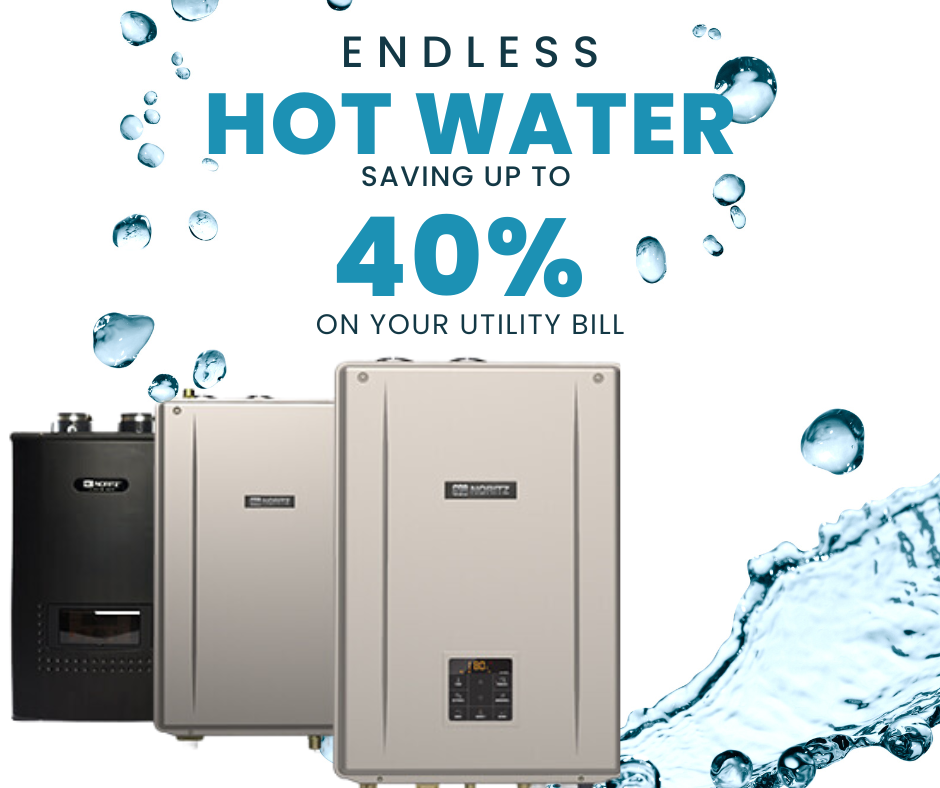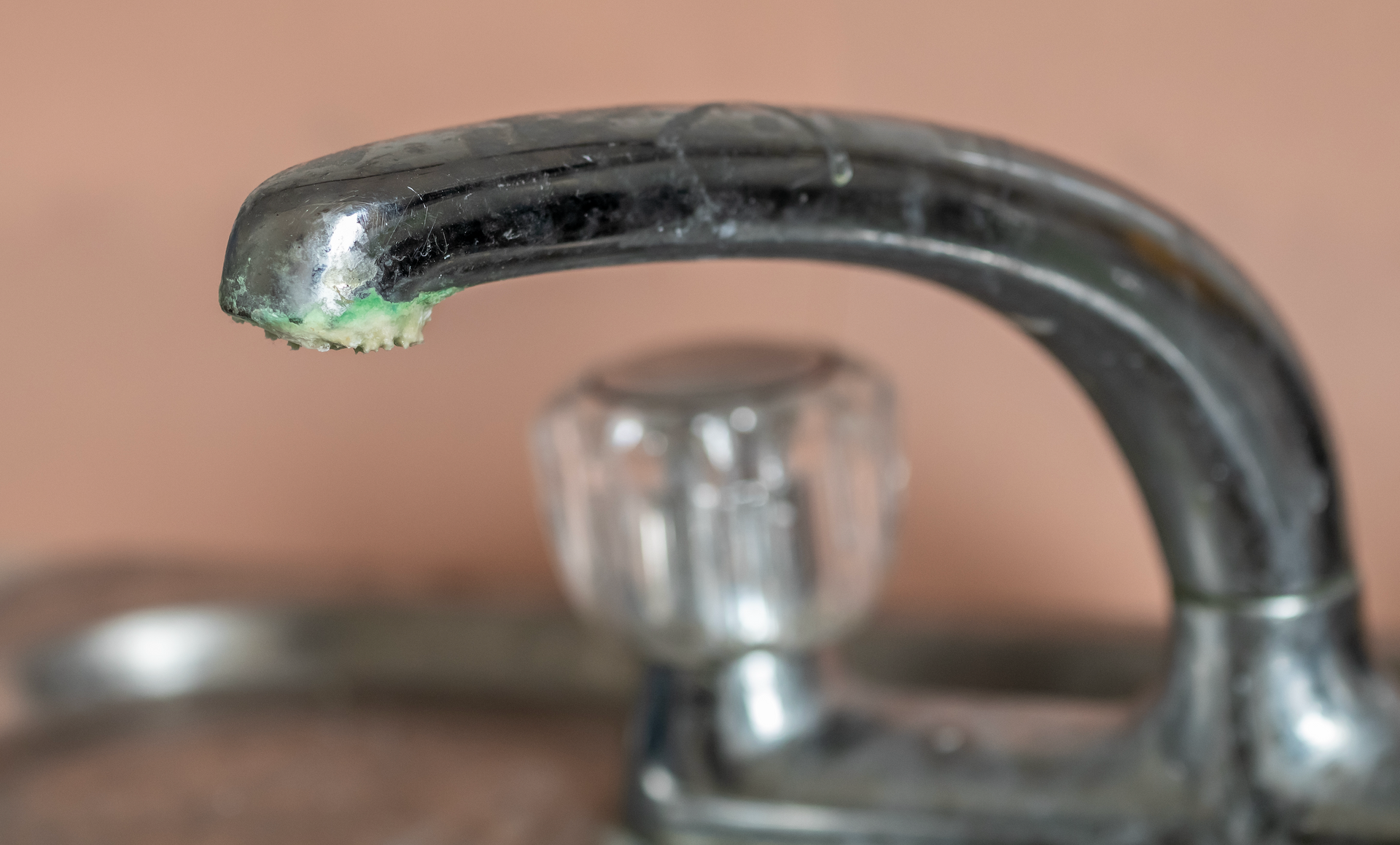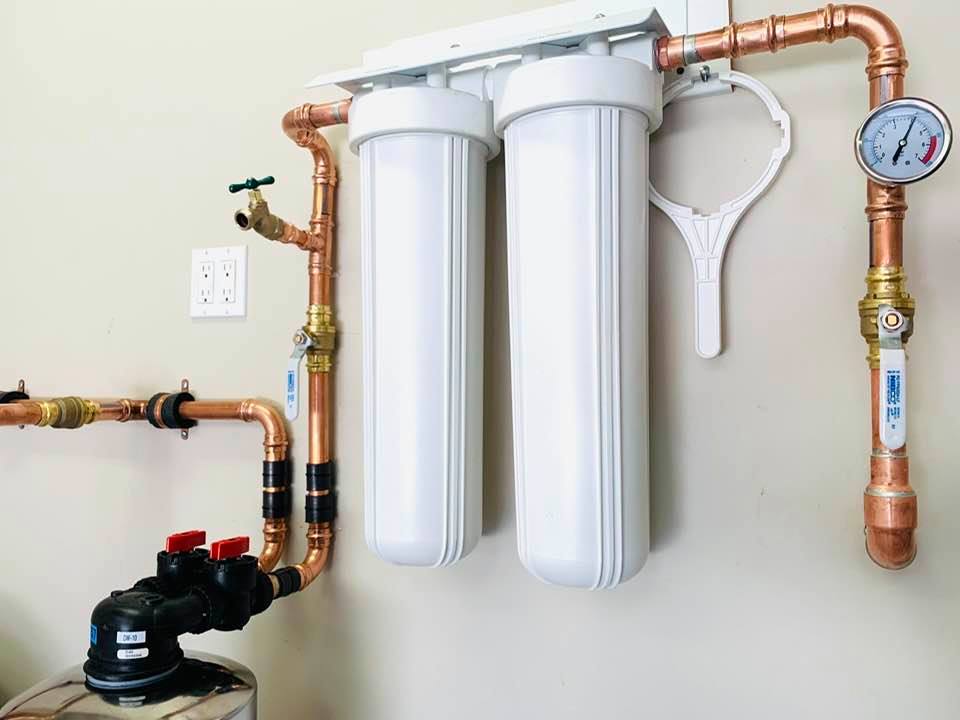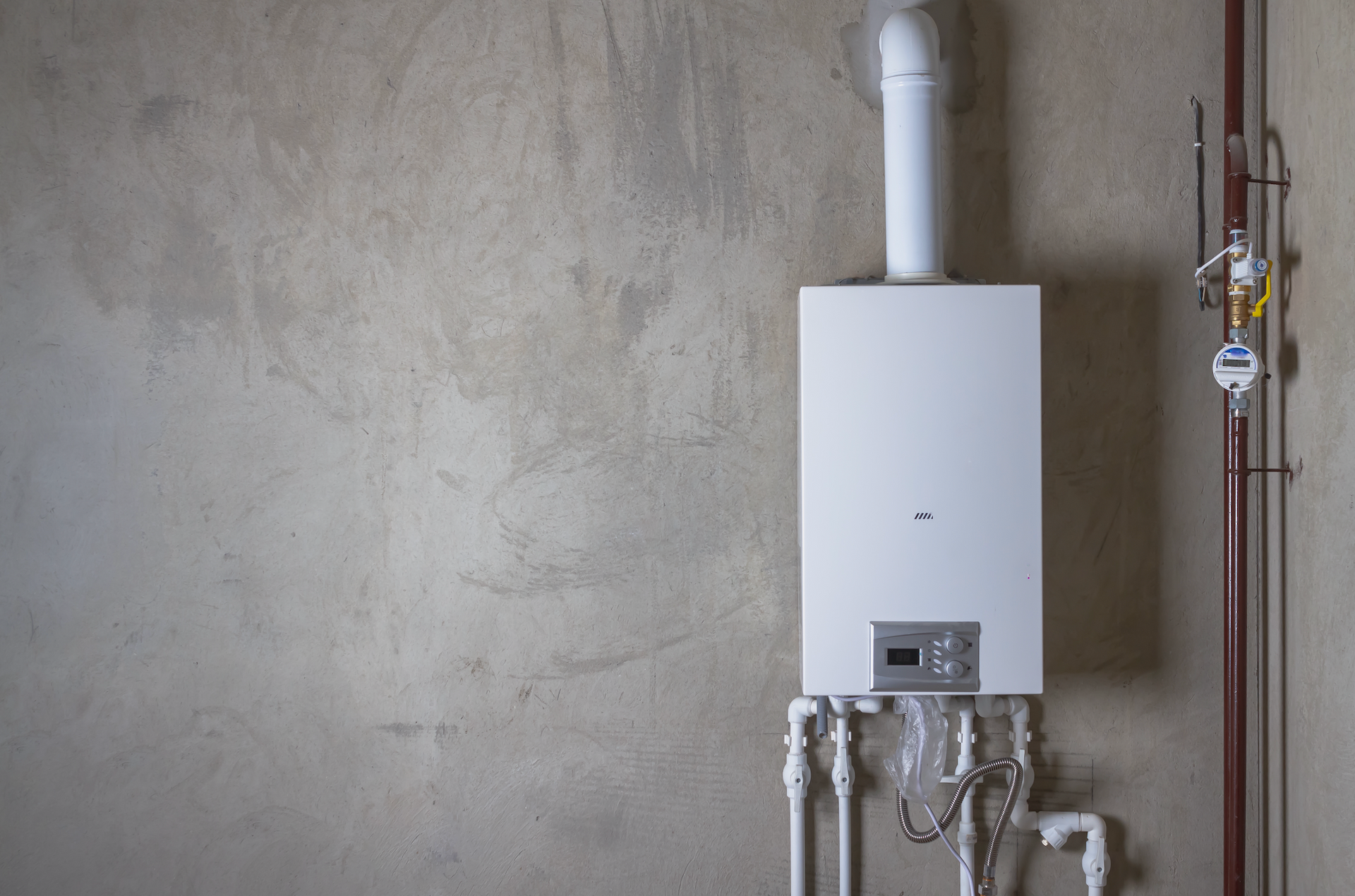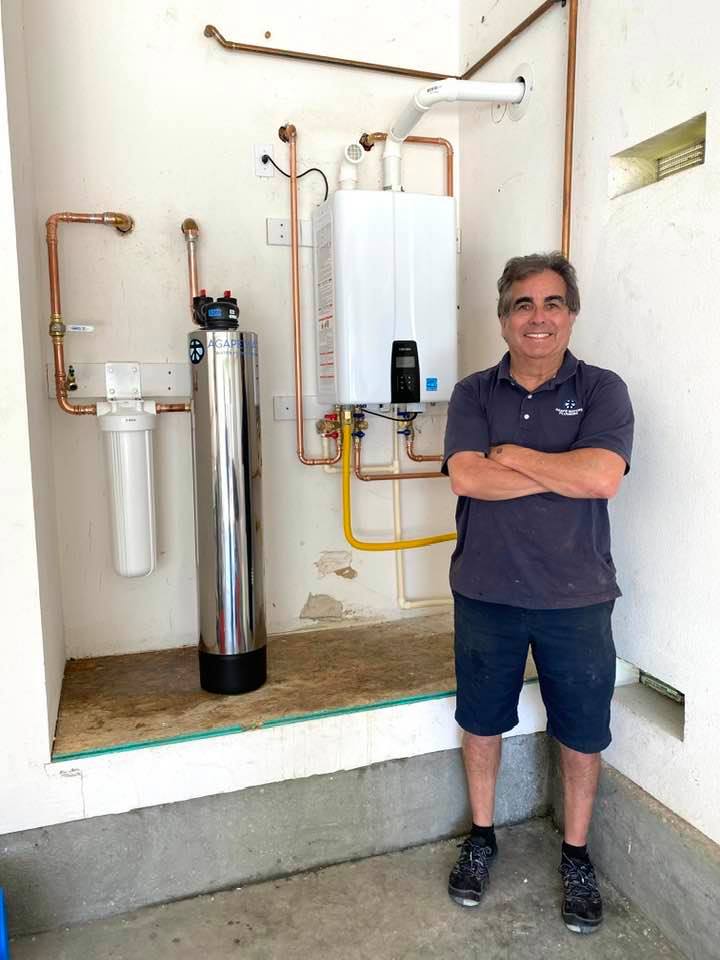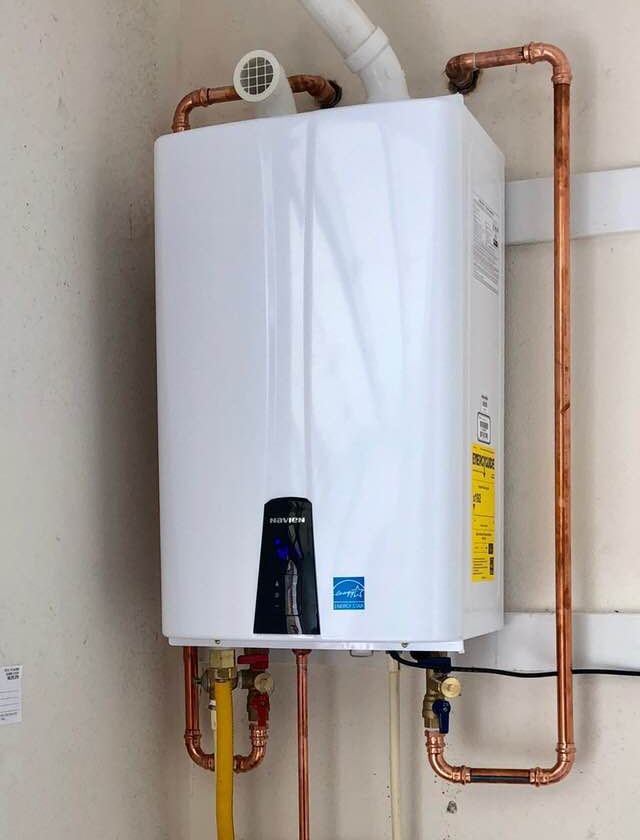A Comprehensive Guide to Whole House Water Filters
Choosing the Right Whole House Water Filter
Every day millions wrestle with the harsh reality of poor quality tap water. Bad taste, dangerous chemicals and hard water that can be literally “hard” on the finances; what if there was an answer to all of it? What if there was a one-stop-shop that can give every drop flowing from your faucets an instant upgrade?
That’s the reality of Whole House Water Filters.
.
Picture this: cleaner dishes out of your dishwasher, tastier meals, softer skin after showers – all thanks to clean and healthy water running throughout your entire house. No more concerns about contaminants or hardness affecting how much you your tap water.
And while whole house water filtration systems have become increasingly popular in recent years, we’re not just talking about a passing fad. This is an investment in the health of your body, your home and the environment, something truly worthwhile. If you’re intrigued, and have been considering a whole house water filtration system, let’s dig into Agape Waters’ comprehensive overview.
Table Of Contents:
- Understanding Whole House Water Filters
- The Role of Whole House Water Filters
- Filtration Systems: A Look Inside
- Making Life Easier with Filtration Systems
- Importance of Water Filtration in Southern California
- Types of Whole House Water Filters
- Activated Carbon Filters
- Reverse Osmosis Systems
- Agape Waters Custom Water Filtration Systems
- Benefits of Agape Waters Custom Water Filtration and Conditioning Systems
- Choosing the Right Whole House Water Filter
- Filtration Method
- Filter Life and Replacement
- Maintenance Cost & Delivery Options:
- FAQs in Relation to Whole House Water Filter
- Are whole house water filters worth it?
- What are the disadvantages of a whole house water filter?
- How much does a whole house water filter cost?
- How much is a filter for the whole house?
- Wrapping Up
Understanding Whole House Water Filters
A whole house water filter is a home’s defense against contaminants. These filters are installed at the main water line to remove pollutants right at the source. So, what does this mean for you as a homeowner?
You get filtered, quality water from every tap in your house. So whether you’re drinking, cooking, bathing or doing laundry – it’s all clean and healthy.
The Role of Whole House Water Filters
Your tap isn’t just for drinking; it caters to many household needs. That’s where whole house water filters come into play.
These systems help protect your health by reducing contaminants in the entire household’s supply – not just your glass of H2O. With cleaner, healthier water flowing through every pipe and faucet, these systems ensure that everything from showering to washing dishes becomes safer and more refreshing.
Filtration Systems: A Look Inside
Different types of “whole house filters”, like activated carbon or reverse osmosis ones operate differently but focus on achieving the same goal: providing high-quality drinkable water across your home.
The active component inside such “water filter systems”, like an activated charcoal layer or semi-permeable membrane captures unwanted particles including chlorine residues, sediment particles even heavy metals sometimes.
Making Life Easier with Filtration Systems
No more hauling heavy bottled waters from store today as you’ll have fresh-tasting liquid on-demand straight out of the tap. There’s no substitute for a glass of cold water that tastes like it should – pure and untainted.
Importance of Water Filtration in Southern California
Southern California, with its unique environmental conditions, benefits particularly from whole house filtration systems. This region faces hard water issues due to high mineral content.
A good system not only helps protect against these minerals but also improves the overall taste by reducing contaminants. In essence, installing a house filter is an investment towards clean healthy water for you and your family.
Key Takeaway:
When it comes to whole house water filtration, there’s a perfect fit for every home. Activated carbon filters are great at removing chlorine, while reverse osmosis systems excel in reducing lead and other heavy metals. Agape Waters custom filtration systems provide both benefits. So whether you’re concerned about taste or safety, whole house water filters ensure that clean, fresh water is always on tap.
Types of Whole House Water Filters
Activated Carbon Filters
Activated carbon filters for example, do an excellent job at reducing unwanted tastes and odors from your tap water. They work by absorbing pollutants as the water flows through them.
This method effectively reduces contaminants such as chlorine, volatile organic compounds (VOCs), and sediment. But keep in mind that these systems may need regular filter changes to maintain their efficiency.
Reverse Osmosis Systems
For an even more thorough filtration process, consider reverse osmosis systems that use a semipermeable membrane to remove dissolved solids such as salts and minerals from your water. These devices use a semipermeable membrane to remove dissolved solids like salts and minerals from your household’s water supply.
Many will even add back beneficial minerals after purification—providing both healthy and great-tasting H2O.
As we navigate our way through this wet world of ours; remember – when choosing between activated carbon or reverse osmosis methods (or any other system), always consider which best meets your home’s specific needs. Factors such as the nature of local contaminants present, water hardness levels and your budget will play a role in this decision.
But whatever you choose, remember: having any whole house water filter is always better than not having one at all. After all, it’s about making sure that every drop of H2O from your tap is clean and healthy—just as nature intended.
Agape Waters Custom Water Filtration Systems
Through a complex 6-stage process the Agape Waters Water Treatment System, (in conjunction with our 5-micron post-carbon filter,) eliminates chlorine, chloramines, lead, heavy metals, chromium-6, pesticides, bacteria, and VOCs (Volatile Organic Compounds,) greatly reducing hard water calcium and magnesium scale from forming and lowering the surface tension in the water. This 6-stage process includes a double high-strength magnetic pass, a 3-chamber catalytic surface treatment, and KDF (Kinetic Degradation Fluxion) media flow through. With the water being in an up-flow stream, no regeneration backwash maintenance is required and the high-strength magnets act as the power source which means that no electrical power source is needed. This Agape Waters Custom Water Treatment System is unique to the industry and patent pending with a service life of 12+ years.
Benefits of Agape Waters Custom Water Filtration and Conditioning Systems
Our custom-made series of units are quite possibly the most environmentally friendly multi-purpose Chemical Free water filter system ever produced. The system also treats water hardness and scale.
Old fashioned water hardness treatment systems rely on sodium ion exchange which can have adverse effects to both people and the environment. While ion exchange systems substitute salt (sodium) for calcium, the eco-friendly conditioning system transforms dissolved calcium to crystallized calcium. Calcium in its crystallized state is rendered harmless and free from its objectionable scaling effects.
•No chemicals or salt to add; no polluting chemicals to drain
•No water to drain; no valve, thus no electrical use and no repair services
•Provides safer healthier water at every faucet in your home, offices or complex
•Eliminates the taste and odor of chlorine and chloramines
•Reduces lead and other heavy metals in your wate
•Long life non-carbon media, bio-static; eliminates harmful effects of hard water scale
•Improves plant growth via a lowered water surface tension
•Provides salt free water conditioning and salt free whole house water filtration.
•Makes soaps and detergents go further; prevents bathtub ring.
Click to Tweet
Choosing the Right Whole House Water Filter
To choose the right whole house water filter, it’s crucial to consider certain factors. These include your household size, filtration method preference, and maintenance cost.
Filtration Method
The filtration method is vital because different methods are effective at removing various contaminants. For instance, activated carbon filters excellently remove chlorine and sediments but may not be as efficient for heavy metals or bacteria. On the other hand, reverse osmosis systems can reduce a broader range of impurities including lead and fluoride.
If you live in an area with hard water scale issues like Southern California, a whole house water softener combo could help protect your appliances from damage while improving your water taste.
Filter Life and Replacement
Another factor to take into account when choosing a whole house filter system is its lifespan or ‘filter life’. The frequency at which you’ll need to replace your filters depends on their capacity (measured in gallons) – so make sure that matches up with your household’s daily usage.
Some filtration systems come equipped with a bypass valve making it easy to change out filters without interrupting service. So even if you have unexpected guests adding pressure on the flow rate capacity of your system – don’t worry. You’re covered.
Maintenance Cost & Delivery Options:
- Maintenance Cost: Some brands offer low-cost replacement cartridges but remember: lower price might mean shorter filter life. Thus, the eventual outlay across time should be a critical factor to take into account.
- Delivery Options: Online retailers like Home Depot provide options for in-store pickup, free 2-3 day delivery, and even next-day delivery. So getting your replacement filters on time shouldn’t be an issues
If you’re concerned about hard water scale issues damaging your appliances or affecting the taste of your drinking water – fear not. A whole house water softener combo could help protect against this common problem while improving the overall quality of your home’s tap water.
Key Takeaway:
It’s essential to choose a whole house water filter that suits your home’s size, the filtration method you prefer, and what you’re willing to spend on upkeep. Different filters are better at dealing with certain contaminants than others. Where you live plays a part too – if it’s an area with hard water, combining a softener and filter system might be necessary. You also need to think about how long your filters will last in relation to your daily usage and ongoing maintenance costs.
FAQs in Relation to Whole House Water Filtration Systems
Are whole house water filters worth it?
Absolutely. Whole house water filters clean every drop of your home’s water, removing contaminants and improving taste.
What are the disadvantages of a whole house water filter?
They require an upfront cost that may be prohibitive. In time, removing the expense of bottled water helps to offset this cost.
How much does a whole house water filter cost?
The price varies widely from depending on features and brand. Agape Waters can talk with you about your options to help you make the best choice for your home.
How much is a filter for the whole house?
If you’re asking about replacement filters, prices range between $20 to $200.
Wrapping Up
Whole house water filters are your one-stop solution for cleaner, healthier home water. An investment in these systems isn’t just a step towards better-tasting water but also an upgrade to the overall health of your family and the environment.
There are many options available, including activated carbon, reverse osmosis and Agape Waters custom whole house filtration systems, each unique with their own way of removing contaminants. Now you can choose the right filter system based on factors such as filtration method and maintenance cost.
Armed with these insights, you’re in a good position to take the next step as you invest in cleaner, healthier water for your home.

